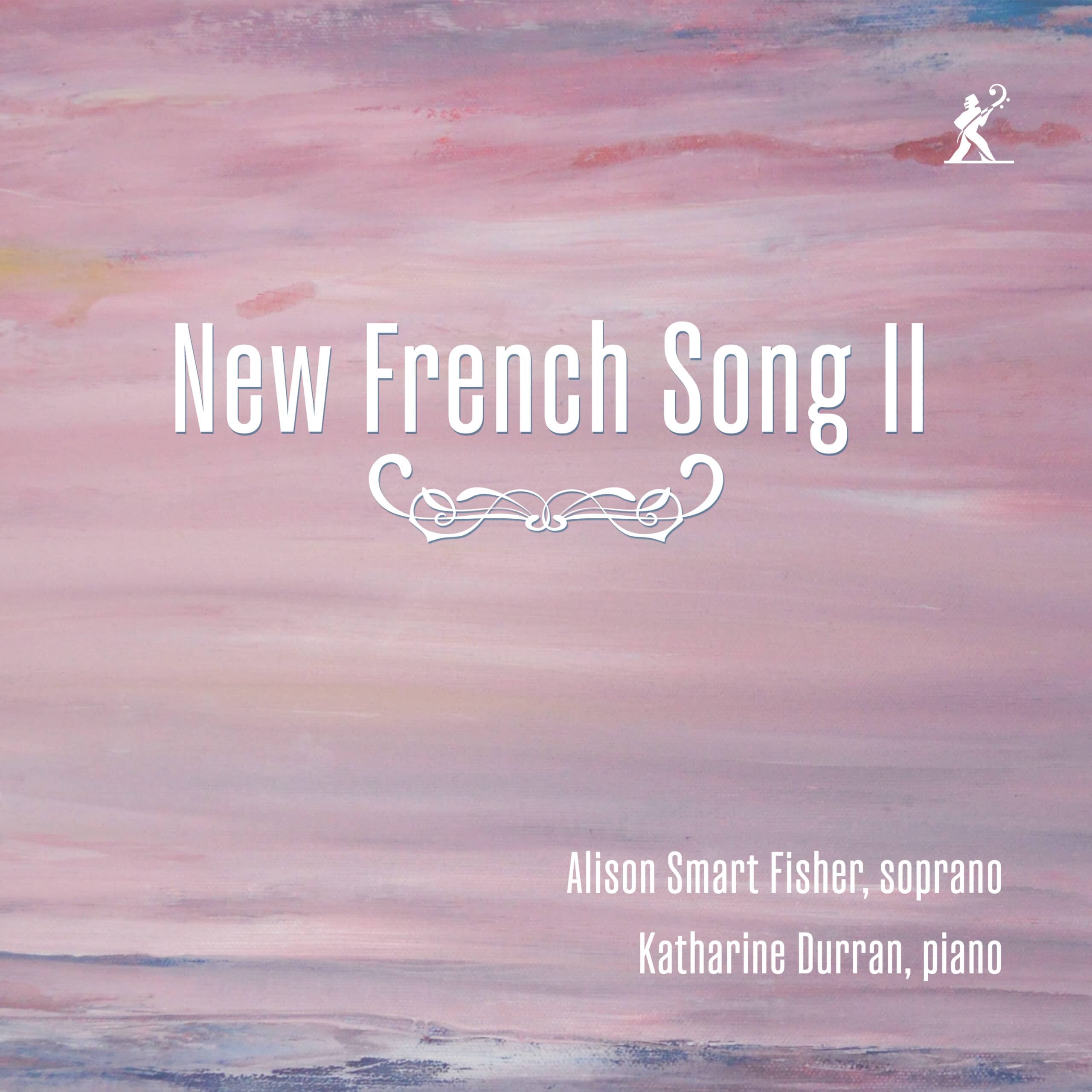Chronicle Review Corner
On a sliding scale of one to ten — where one is Erik Satie or that tune Simon Bates always played for Our Tune (Nino Rota’s theme to Franco Zeffirelli’s film “Romeo and Juliet” — Music Ed), and ten is full-throttle Richard Wagner — this lands somewhere around a six. Although it’s just Ms Durran on piano and Ms Fisher on soprano, the vocals occasionally veer into crystal-sharp territory. Helpfully, the sleeve notes peg it at grade six musically, which suggests — as in the olden days — that talented amateurs are encouraged to have a go.
Music aside, this one’s for all you woke classical fans. It aims to move beyond the male-dominated repertoire by spotlighting underrepresented voices, with songs set to poems by women and non-binary writers.
Not that you’d necessarily know it from the sound alone — it’s the composers who are diverse, not the poems or the music. The poems themselves are actually rather good (printed in full in the sleeve notes), with topics ranging from trees (“So what do these plants say in their shadowy majesty? / What virtues do they convey through their gentle choreography”) to love and the months of the year — September, like this review, rambles a little.
“Les Séparés” (“Apart”) by Marceline Desbordes-Valmore (1786–1859) stands out: “Do not write! I am sad / and I wish to snuff out my life / The beautiful summers without you / are like a night without passion / I fold my arms / as they have no-one to wait for.”
If the vocals lean towards crystalline, Durran’s piano is sensitive and gentle. Overall, it’s not quite relaxing, but it’s a stimulating listen.
The composers featured are Cecilia McDowall, Daryl Runswick, Deirdre Gribbin, Emily Hall, Gráinne Mulvey, Helen Neeves, Joanna Forbes L’Estrange, Kerry Andrew, Lesley-Jane Rogers, Millicent B James, Nicola LeFanu and Shirley J Thompson.
Out now on Métier, catalogue number MEX 92110.
@divineartrecordingsgroup
A First Inversion Company
Registered Office:
176-178 Pontefract Road, Cudworth, Barnsley S72 8BE
+44 1226 596703
Fort Worth, TX 76110
+1.682.233.4978












